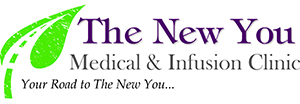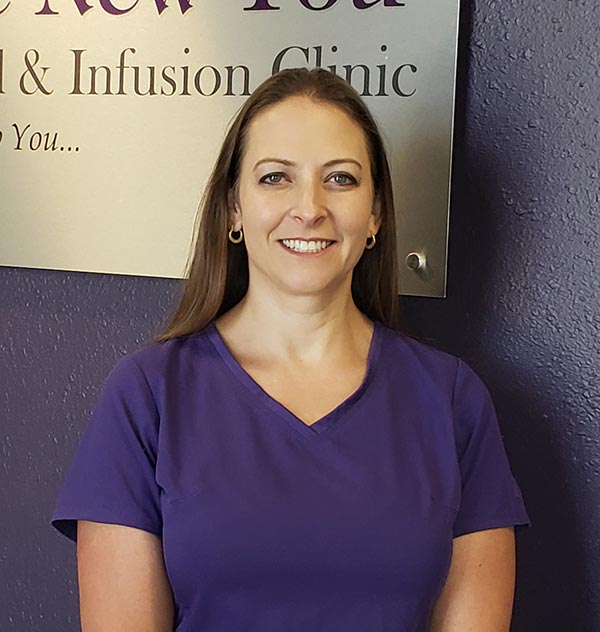Eating Disorder Treatment in Keller, TX

An eating disorder is a serious and complex set of emotional and physical addictions that cause men and women to practice disturbed eating behaviors. Eating disorders are usually a coping mechanism or symptom of another problem in a person's life including depression, emotional trauma, low self-esteem, stress, loss of control, and many others.
Many people believe that eating disorders only affect young women or teenage girls, but that couldn't be further from the truth. Eating disorders impact both men and women of all ages, lifestyles, and economic backgrounds. According to the Eating Disorder Foundation, 10 million American women and 1 million American men suffer from an eating disorder. Even though the number of men is smaller, it has more than doubled in the last ten years.
Get help today! Call (817) 203-2760 or contact Ms. Jessica Stangenwald online.
Types of Eating Disorders
Eating disorders cause an obsession with weight, food, and appearance to the point that it affects a man or woman's daily life. Not every person will have the same type of eating disorder. Some people will binge and eat heavily then vomit (binging and purging), not eat at all, or consume large amounts of food even when they are not hungry.
The most common types of eating disorders include:
- Anorexia nervosa: A life-threatening self-starvation.
- Bulimia nervosa: A life-threatening cycle of eating large amounts of food, then purging it with vomiting, laxatives or enemas.
- Compulsive eating disorder: Uncontrolled eating of large amounts of food followed by guilt and depression.
- Binge eating disorder: Uncontrollable periods of eating abnormally large amounts of food. Most people will eat far beyond feeling full and will eat even if they are not hungry.
Eating Disorder Symptoms
Symptoms of an eating disorder will vary depending on the type. Many men and women who suffer from the condition will hide their eating habits from others, making it difficult for friends or close family to identify it.
Some symptoms of eating disorders may include:
- A preoccupation with exercise, food, weight or appearance
- Denial of hunger
- Excessive exercise habits
- Uses the bathroom frequently after meals
- Reacts to stress by eating
- Frequent fluctuations in weight
- Stops menstruating or has irregular periods
- Has feelings of depression or guilt after eating
Diagnosing Eating Disorders
To diagnose an eating disorder, healthcare providers will need to check a patient's physical and mental health. He or she will probably start by evaluating:
- Height, weight and body mass index
- Vital signs
- Kidney, liver and thyroid function
A psychological exam will involve questions about the patient's eating habits, thoughts about food, body image, stressors and other factors that could trigger an eating disorder.
Diagnosing eating disorders isn't always easy. Patients must meet symptoms outlined by the American Psychiatric Association's Diagnostic and Statistical Manual of Mental Disorders (also called the DSM).
Eating Disorder Treatment
Treatment for eating disorders will depend on the type, but most often require therapy, nutritional counseling and sometimes medications to treat anxiety or depression. For patients whose lives are at risk, hospitalization may be required.
Because the triggers for eating disorders are unique to each patient and often complex, treatment can be slow. Patients may require the care of many healthcare providers including psychologists or mental health professionals, nutritionists, medical providers and others to regain control.
Request More Information
To learn more, please call (817) 203-2760 or contact Ms. Jessica Stangenwald online.
The New You Medical & Infusion Clinic
Address
100 Grapevine HwyHurst, TX 76054
(817) 203-2760
https://www.newyoumedclinic.com/
Hours
Mon:
10:00 am - 6:00 pm
Tue:
10:00 am - 6:00 pm
Wed:
10:00 am - 6:00 pm
Thu:
10:00 am - 6:00 pm
Fri:
Closed
Sat:
Closed
Sun:
Closed


